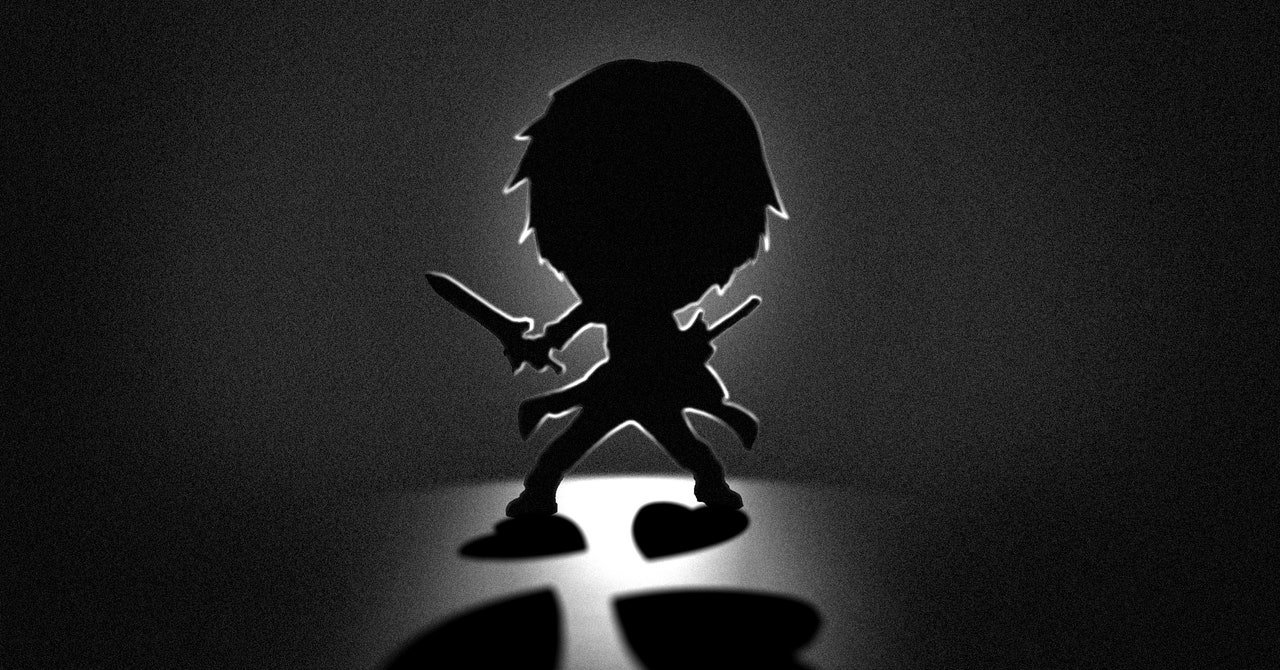Kawakami “was afraid Nishimura would be arrested by the police,” says Sei, author of the upcoming book The world of 2 channel. Sei recently interviewed Kawakami. “So he fired Nishimura as director.” However, the two remained friends, he says.
In November 2014, according to Sei reporting, Dwango purchased Nishimura’s interest in Niconico for an undisclosed sum. In January 2015, Poole announced his retirement from 4chan. In July, Nishimura was in talks to buy the website. In those conversations was Good Smile and, despite the company separation with Future Search Brazil, Dwango. The three sides signed a non-disclosure agreement to cover those talks.
Kawakami, says Sei, “wanted the opportunity to break into the US and global markets through the 4chan business. He had a special interest in this business.” Those talks came at a “very late stage,” Kawakami said.
In the end, Dwango’s involvement fell through because Kawakami was “afraid to take the legal risk,” says Sei. Nevertheless, Dwango’s money almost certainly found its way to 4chan. “It is obvious that Future Such Brazil has received a very large sum of money [from Dwango]and that money was then used to buy 4chan,” says Sei.
Nishimura did not respond to WIRED’s request for comment, and we were unable to reach Kawakami.
Following Dwango’s divorce, Future Search Brazil sought to expand its media presence, including a short-lived attempt to launch a Japanese version of the entertainment news publication Variety in September 2015, the same month the deal with 4chan was announced.
Eiichiro Fukami, president of Future Search Brazil subsidiary Tokyo Sangyo Shimbun, signed the 4chan partnership agreement. He confirmed to WIRED that he was “an executive officer of a related company” in the 4chan deal, but declined to answer further questions, citing professional ethics.
holding 4chan accountable
While 4chan’s growing infamy became apparent in 2015, its penchant for extremism became increasingly apparent in the years that followed.
It spawned QAnon, grew the incel movement, and has been cited as a direct source of inspiration by multiple mass shooters around the world. Its users generated a staggering amount of disinformation surrounding the 2020 presidential election, deployed swattings to go after their opponents, and produced a massive amount of far-right, racist, anti-Semitic, misogynistic, and queerphobic memes. 4chan users regard the site as an American political kingmaker, and it has helped shape the political culture of Canada, Australia and Europe.
While it has been suggested that Nishimura is working to boost Japan’s right-wing Liberal Democratic Party, it’s more difficult to attribute any kind of American political ambition to the owner of 4chan. Aside from his messages on 4chan, which are mostly administrative, he rarely responds in English. According to documents submitted to the New York investigators, Nishimura actually lives in Paris.
The fact that 4chan became both more hateful and more prominent after 2015 is a feature, not a bug, says Mitsuwo, a former 2channel user and moderator of the rival 5channel: It was all business. “Personally, I think Nishimura and his moderators deliberately encouraged hate speech on 2channel to increase the site’s influence,” says Mitsuwo.

